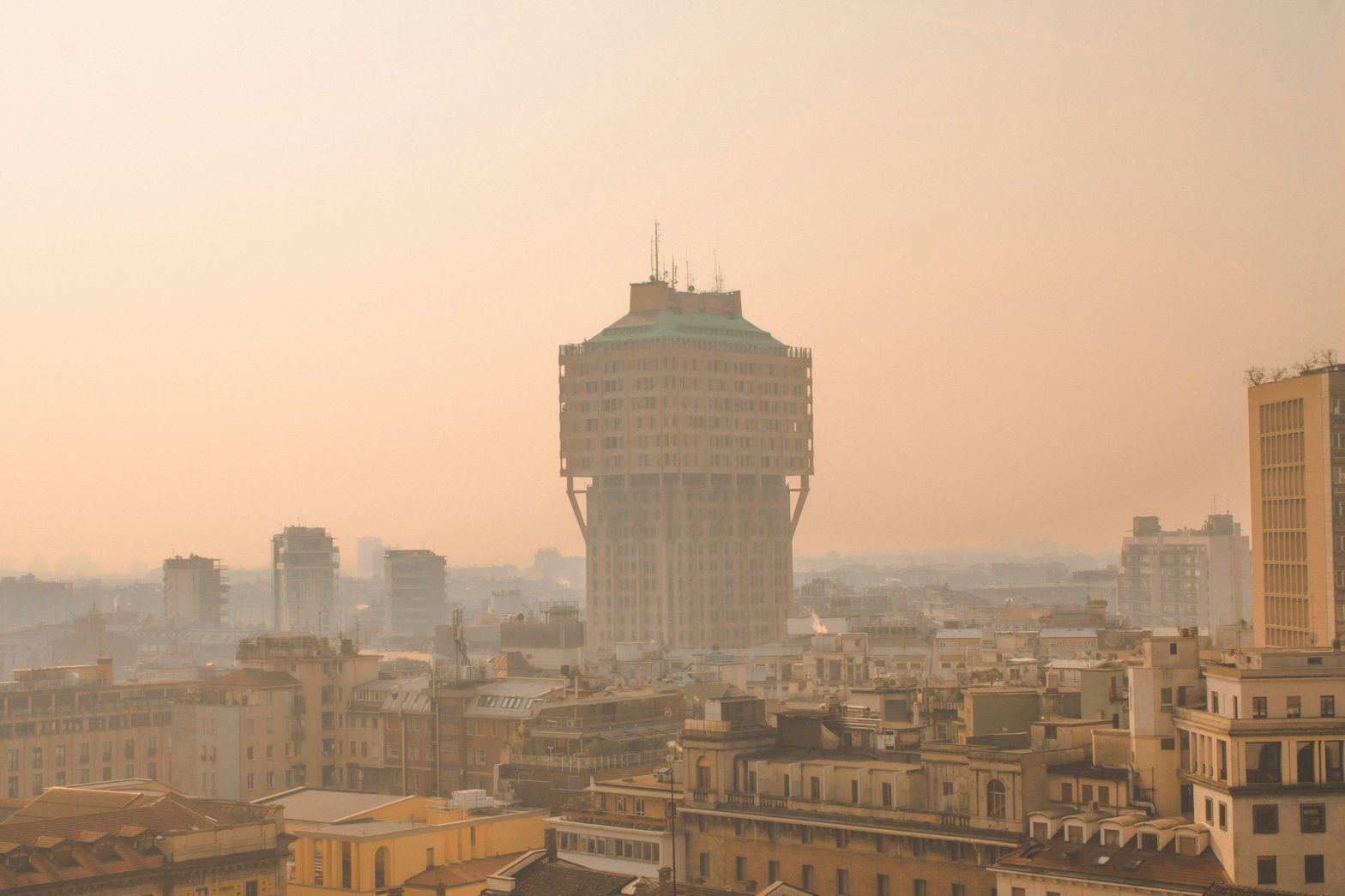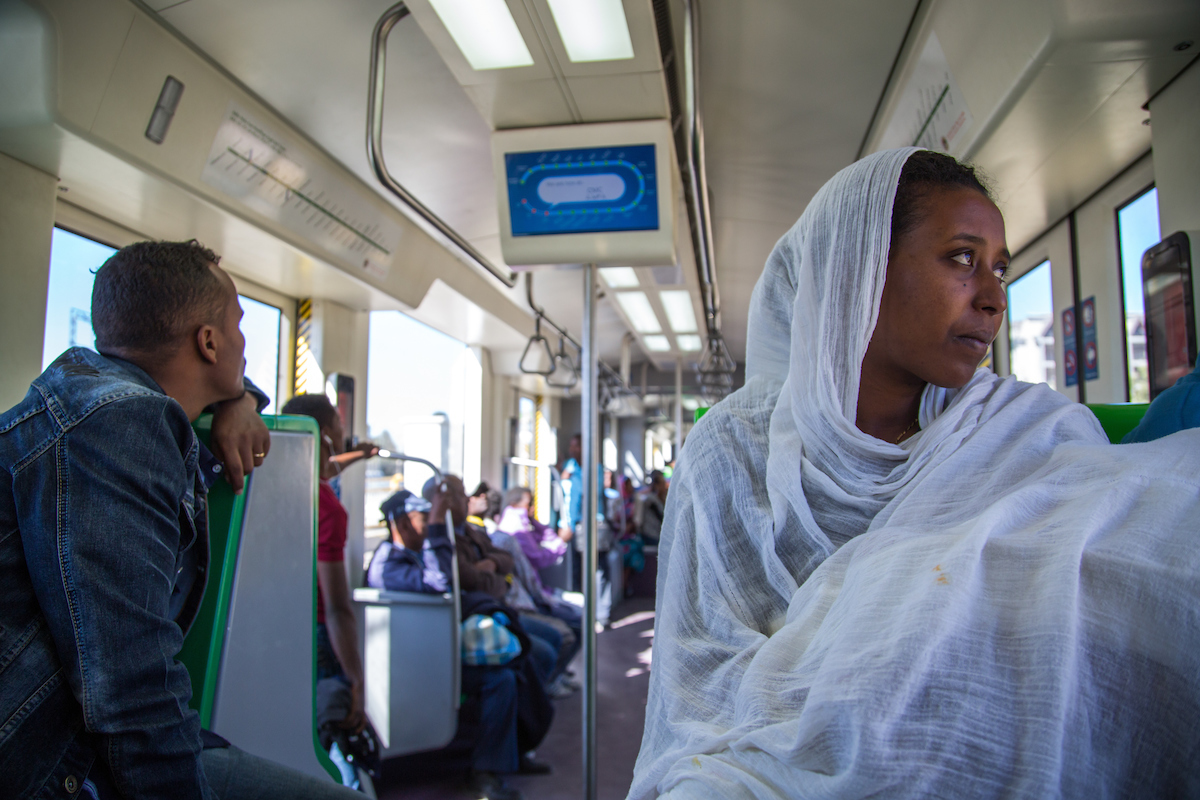
Photo: Addis-1
Addis Ababa leads the way at C40 Cities Awards 2016
02 December 2016
by Steve Hoare
Ten cities from all around the world were presented with the C40 Cities Awards in Mexico City today during the organisation’s sixth biennial Mayors Summit (1 December).
David Miller, President of WWF Canada and former Mayor of Toronto, chaired the judges’ panel and was thrilled to see cities addressing economic issues and those of social integration while tackling the number one priority of climate change.
“The overarching theme is that cities are acting on climate change and mitigation and that cities are the one form of government that is tackling this issue consistently all around the world,” said Miller.
He was pleased to note the overall quality of China’s efforts, “something you would not have seen a decade ago when C40 was launched”, and particularly impressed by Addis Ababa showing other African cities the way forward on clean transit and social integration.
Transport
Winner: Addis Ababa
Shortlisted: Houston, Mexico City, Taiyuan, Wuha
Miller picked out the Ethiopian capital Addis Ababa as the winner–where Toronto built a light rail transit while he was mayor–for its development in the transition from diesel buses to more ecologically-friendly forms of transport. Addis Ababa’s light rail transit is the first in Africa and Miller noted the attention that was paid to the social aspect on inequality.
Adaptation Plans & Assessments
Winner: Copenhagen
Shortlisted: Belo Horizonte, New York City, Paris
Copenhagen’s cloudburst management plan is winning awards all over the world with SLA architects’ triumphant design efforts walking off with the Nordic Built Cities Challenge Award just last week. SLA’s project is just one of many that uses the city’s parks, squares and streets to channel excess rain water to the harbour.
Sustainable Communities
Winner: Curitiba
Shortlisted: Auckland, Cape Town, Toronto
The Brazilian city Curitiba won the sustainable communities prize for its urban agriculture project, which has already reduced CO2 emissions, either directly though carbon sequestration in soil and plants, or indirectly by reducing food and waste transport distances, composting organic waste and boosting environmental awareness. In addition to the land cultivated in public lots, the distribution of seeds and seedlings to citizens’ own gardens has generated 750 tonnes of food. The programme reaches more than 20,000 citizens per year.
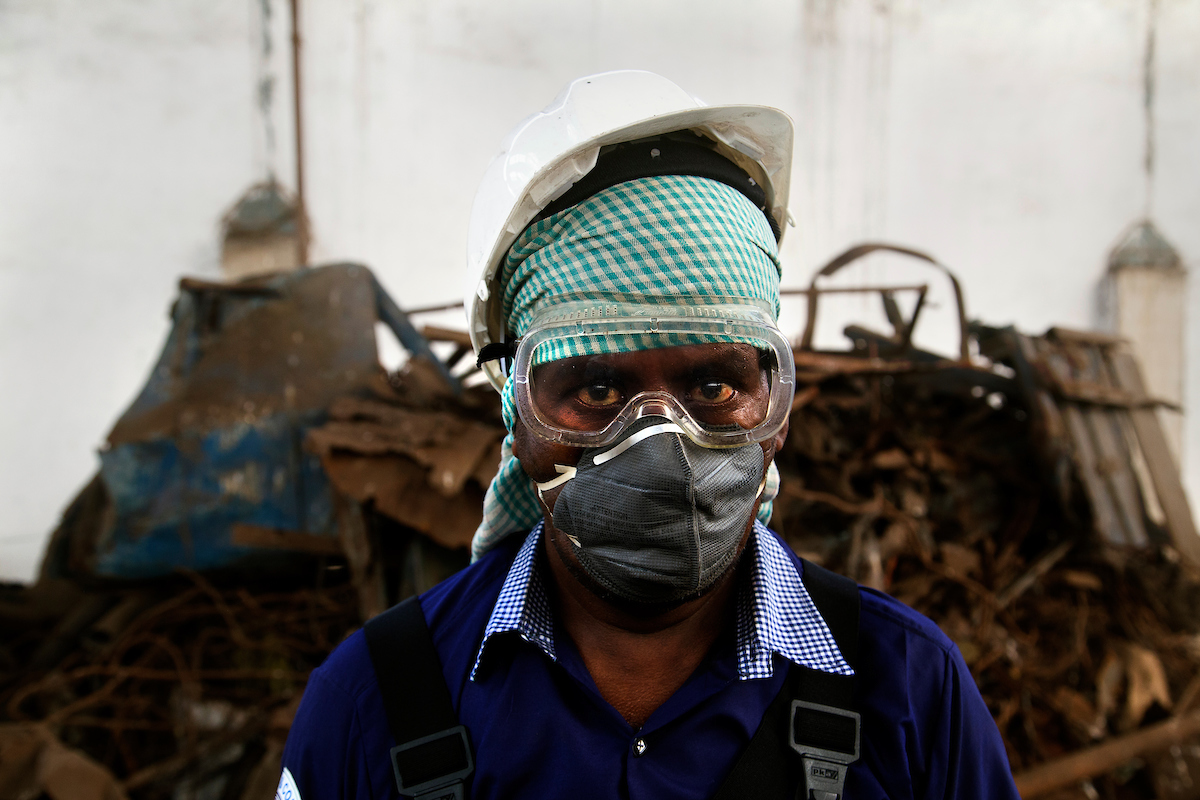
Solid Waste
Winner: Kolkata
Shortlisted: Auckland, Milan
Kolkata won for its solid waste management improvement project, which has reduced open dumping by 35 percent or 120 tonnes a day. Five composting plants have been built with a 150 tonnes per day capacity. Composting of biodegradable waste at these stations prevents uncontrolled bacterial decomposition of the waste, reducing methane gas and CO2 emissions. It has also reduced associated hygiene hazards and ground water contamination.
Building Energy Efficiency
Winner: Melbourne and Sydney
Shortlisted: Guangzhou, San Francisco
Melbourne and Sydney win for the CitySwitch programme, which has reduced carbon emissions by supporting companies in their efforts to make offices more energy efficient. In 2015, the CitySwitch programme reported annual savings of 50,625 tonnes of CO2 emissions. Members also purchased 296,677 tonnes of CO2 emissions in offsets.
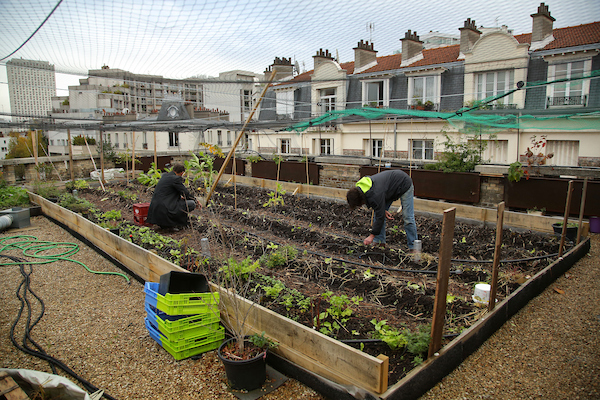
Adaptation Plans & Assessments
Winner: Paris
Shortlisted: Belo Horizonte, New York City
The Paris adaptation strategy triumphed for its plans to hugely increase the city’s number of trees and green spaces, to build new swimming pools and to build a less vulnerable food supply. It aims to devote 33 hectares of Paris to urban agriculture by 2020 and to reap 50 per cent of food for municipal catering from local sources by the same date. It hopes 25 per cent of all food consumed in the capital will come from local sources by 2050.
Climate Action Plans & Inventories
Winner: Portland
Shortlisted: Buenos Aires, Cape Town, Paris
Portland’s climate action plan is all encompassing with achievements and strategies too lengthy for this space to do it justice. Actions include a huge boost to the electronic vehicle fleet, the closure of coal-fired power plants and a massive increase in solar and photovoltaic capacity.
Social Equity & Climate Change
Winner: Seoul
Shortlisted: New York City, Portland
Seoul’s energy welfare public-private partnerships aims to contribute to the city’s targets on greenhouse gas emissions reduction while simultaneously reducing energy consumption and spending for low-income families.
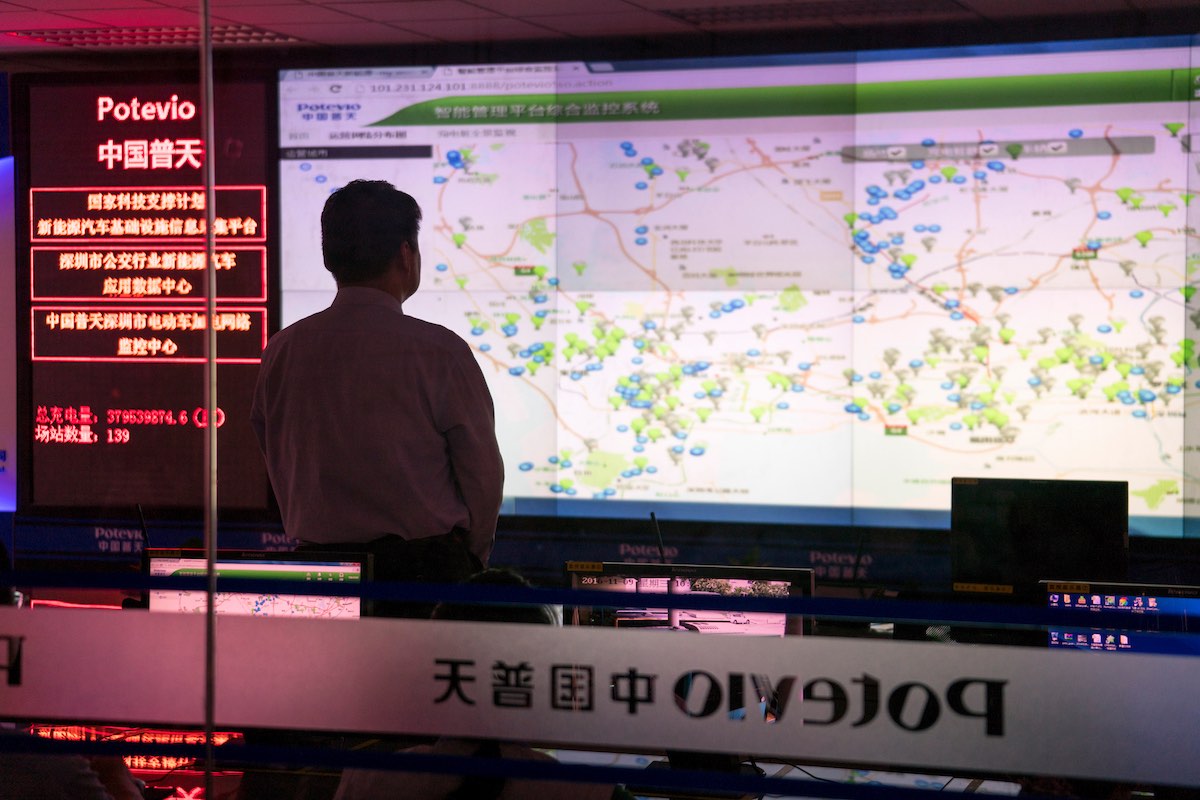
Finance & Economic Development
Winner: Shenzhen
Shortlisted: Canberra, Toronto
Chair of the jury panel David Miller said the standard of entries from China was incredibly strong but only Shenzhen won for its emissions trading system, which recruited 636 businesses that reduced carbon emissions by 5.31 million tonnes or 16.9 percent. In turn, those companies raised their GDP by an astonishing 55.8 percent.
Clean Energy
Winner: Yokohama
Shortlisted: Johannesburg, Vancouver, Washington DC
The Yokohama smart city project reduced carbon emissions by almost 30 percent with an all-encompassing approach targeting energy supply, transport, municipal buildings, private homes and businesses.
The awards panel, chaired by David Miller, included former mayors, academics and private sector representatives.




